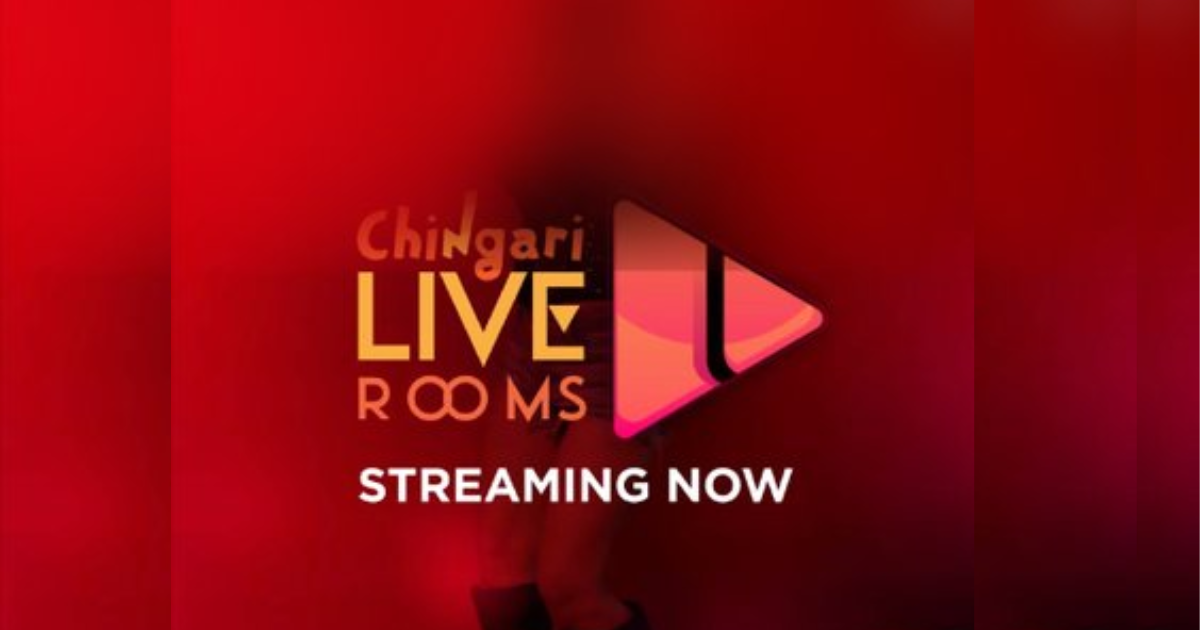Chingari, one of India’s prominent short video apps, has recently made a controversial move by pivoting towards adult entertainment content. In the past weeks, the platform has been seen promoting its new feature through salacious advertisements and enticing promises. Inc42, an Indian media outlet, has spent considerable time investigating Chingari’s transition to 18+ content, uncovering recruitment posts for creators and paid one-on-one video calls between creators and users.
After approaching Chingari with inquiries, Inc42 noticed that many of the explicit ads and social media posts promoting the new feature had been deleted. However, the app’s Android version recently changed its parental rating on the Google Play Store to 18+, despite introducing the personal video call feature back in April.

Chingari’s new feature requires users to pay in-app diamonds for each video call, representing a significant step towards monetization. However, like other Indian short video apps such as Mitron, Trell, and Roposo, Chingari has struggled to monetize its large user base effectively. In an attempt to generate revenue and attract investment, Chingari introduced a native token called GARI in 2021, but it failed to yield the desired results.
With investors now demanding clear monetization strategies, Chingari has turned to personal one-on-one video calls as a means of generating income through in-app purchases. However, this feature has raised concerns regarding content moderation, user abuse, and the absence of proper filters to block underage users. Notably, the iOS version of the app is still accessible to minors, despite the rating change on the Android version.
Chingari has denied allegations of adult entertainment on its platform, stating that it employs AI-driven models and provides creator onboarding training to prevent explicit content. However, sources claim that Chingari’s content moderation and filtering systems are not effective in protecting creators from abuse or distress. Some users have experienced inappropriate calls and expressed concerns about their images being misused for promotional purposes.
Chingari’s promotional advertisements for the one-on-one call feature have also attracted scrutiny. Some ads have been deemed suggestive and prey on users’ insecurities related to loneliness. Chingari has clarified that these ads are run by third-party affiliate partners and are not directly endorsed by the company. However, the presence of such ads further raises questions about Chingari’s content moderation and ethical practices.
Apart from the ethical concerns, Chingari’s move towards adult entertainment carries legal risks, as it may potentially violate laws pertaining to insulting the modesty of women. While self-regulation is typically the approach for obscene acts during private conversations between adults on video apps, abusive communication involving adults and minors is more likely to face legal consequences due to specific anti-child abuse laws.
Chingari’s decision to incorporate adult content into its app is primarily driven by the need for revenue. The company has faced challenges in monetizing its platform, and previous attempts such as live commerce and the GARI token have not achieved the desired results. Chingari’s losses have increased significantly, and the company has had to cut expenses, including laying off a portion of its workforce.
In terms of funding, Chingari has raised $47 million from investors such as OnMobile, Republic Capital, JPIN Venture Catalysts, and Hill Harbour. However, a potential funding round at a valuation of over $1 billion failed to materialize, adding to the financial pressures faced by the company.



![[CITYPNG.COM]White Google Play PlayStore Logo – 1500×1500](https://startupnews.fyi/wp-content/uploads/2025/08/CITYPNG.COMWhite-Google-Play-PlayStore-Logo-1500x1500-1-630x630.png)